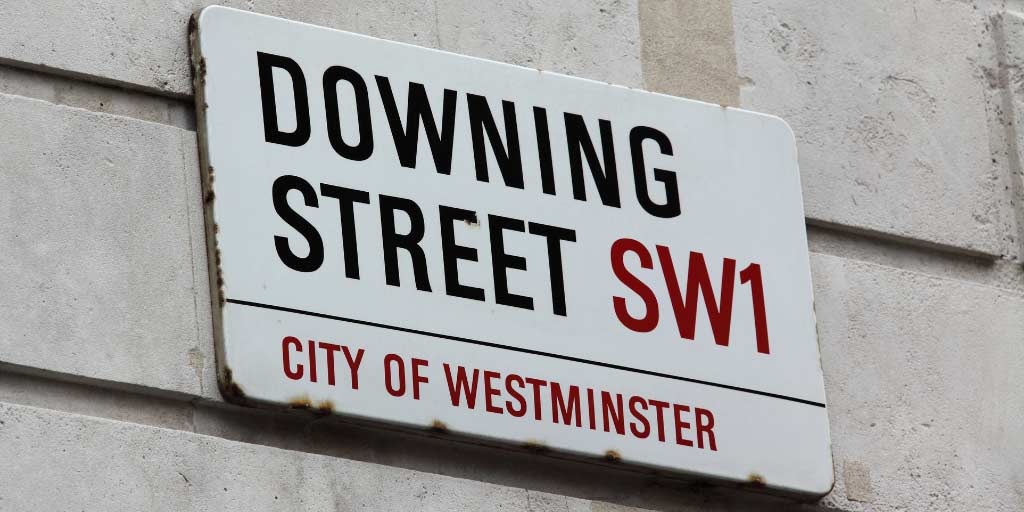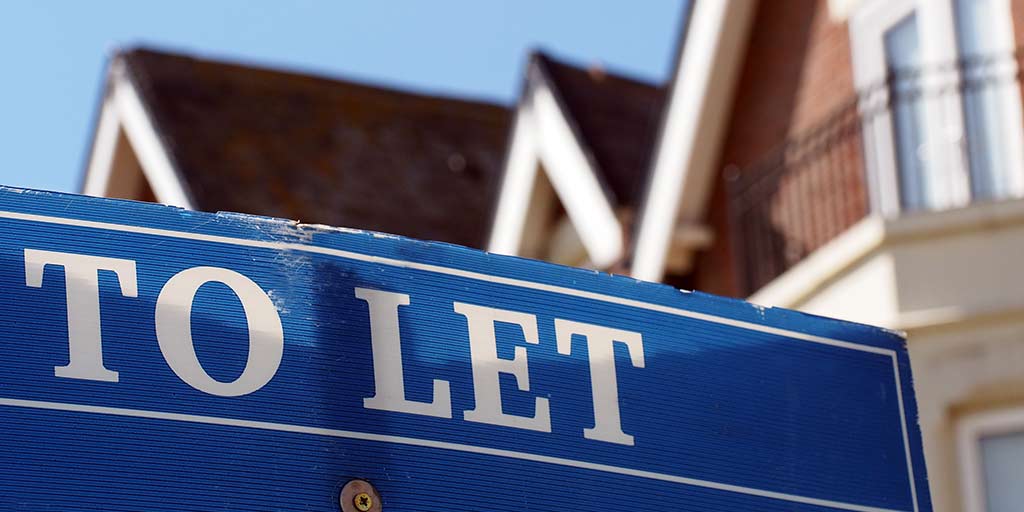This information should not be interpreted as financial, tax or legal advice. Mortgage and loan rates are subject to change.

Categories: government and politics | renters reform bill
Following its passage through the House of Commons, the Renters’ Rights Bill has made its way to the House of Lords, where it had its Second Reading on Tuesday 4th February.
Background
The Renters’ Rights Bill is Labour’s successor to the Conservatives’ unrealised Renters (Reform) Bill. While the Tories were in power, their Renters (Reform) Bill faced opposition in the House of Commons.
Ultimately, the Tories’ bill did not pass through parliament as they were unseated from power before it could be pushed through.
Many backbenchers, being landlords themselves, saw the difficulties the proposed reforms would present for PRS (Private Rental Sector) landlords.
The Labour Party, in keeping with their greater emphasis on improving the situation for renters, have shown determination in getting their bill through parliament as fast as possible.
The Renters’ Rights Bill has raised many concerns. Namely, Section 21 (the ‘no-fault’ eviction law) is on the chopping block.
Due to the potential for unfavourable market conditions caused by the bill, there are fears of a “landlord exodus” (i.e. landlords leaving the market in massive numbers). There are also worries about reduced access to affordable housing, even though homelessness has been a major motivation for Labour’s reforms.
Labour faced criticism to this effect in the previous Commons readings, but after various amendments, the bill has passed through to the House of Lords.
Fierce debate in the House of Lords
During the Second Reading, some peers were less enthusiastic about Labour’s fast-tracked approach.
Conservative shadow housing minister, Baroness Scott of Bybrook, said that the government were not considering the possible negative consequences of their reforms.
She argued that the increased costs imposed by the bill would soon become overwhelming for a large portion of non-professional landlords, and this could lead to fewer quality properties being available to rent:
Not only have the Government removed many of the safeguards and improvements for landlords that we put in the Bill but they have added many concerning measures of their own. They are increasing the mandatory eviction threshold for rent arrears from two months to three months, significantly increasing the loss incurred by landlords when a tenant is not paying for the property they are occupying. They are shortening the time limit for landlords to consider a pet, which we know to be a significant issue. They are rushing, in our opinion, the implementation for the private sector of Awaab’s law—a law that was designed for the social housing sector and that could have significant implications for smaller landlords if not implemented very carefully.
If that was not enough, Labour took the Bill even further, through the amendments it made in the House of Commons. It introduced amendments to include restricting the payment of rent in advance, which will hit most severely self-employed renters and those with bad credit ratings, where a landlord is now even less likely to want to take the risk on them. It introduced amendments requiring landlords to pay compensation to tenants when they possess their properties, burdening landlords with even more unfair costs, even if they have no choice but to take their property back and may have already spent a lot of money to do so.
Lord Best, Lord Cromwell, and Baroness Thornhill all shared Baroness Scott’s concerns about landlords exiting the market, taking note of the gradual reduction of private rental properties in London. They all requested answers to these uncertainties.
Speaking in support of the bill was Baroness Grender, a Lib Dem minister, who welcomed the ban of Section 21 eviction notices and bidding wars. Other peers expressed similar views, including some of those mentioned above who were worried about the PRS shrinking.
Labour affirm support of tenants
Labour have remained steadfast in response to criticisms of their upcoming PRS reforms, both in and out of parliament.
Leading the reading was Baroness Taylor of Stevenage, a Labour housing minister. At the end of the debate, she came in to defend the reforms.
She gave assurances that all private tenancies and existing tenancies will be converted to the new system immediately, without exceptions or any “confusing two-tier system”.
In response to concerns raised about the abolition of fixed terms, she continued:
I understand the concerns about that but, as I made clear in my opening speech, this is a core principle of the Bill and a change this Government believe is fundamental to providing security of tenure. It was also the policy of the last Government and stands as a core foundation of our tenancy regime. We just do not accept that fixed terms offer the best structure for renters. They oblige them to pay rent regardless of the standard of the property or whether it is best for their circumstances, and they restrict renters’ freedom to move if they need to.
In her final words before the adjournment of the House, she said:
The Renters’ Rights Bill honours our Government’s manifesto commitment to overhaul the regulation of the private rented sector. I believe these reforms take great strides in empowering tenants, giving them greater security and stopping them from being exploited. Landlords will also be supported, and rogue operators who tarnish the reputation of the good ones will be driven out. It is important to reiterate that the intention is not to demonise landlords or tenants; they both want stable tenancies with well-maintained properties and regular rent payments.
What’s next for the Renters’ Rights Bill?
With this stage concluded, the Renters’ Rights Bill will next be taken to the Committee stage in the House of Lords, which involves line-by-line scrutiny of the entire bill from front to back.
This stage can last up to eight days and usually takes place two weeks after the Second Reading, but there is no date set for it yet. Every clause must be agreed during this stage, and there are no limits for discussions and amendments.
We will keep you updated on the few remaining stages that the Renters’ Rights Bill will be put through.


